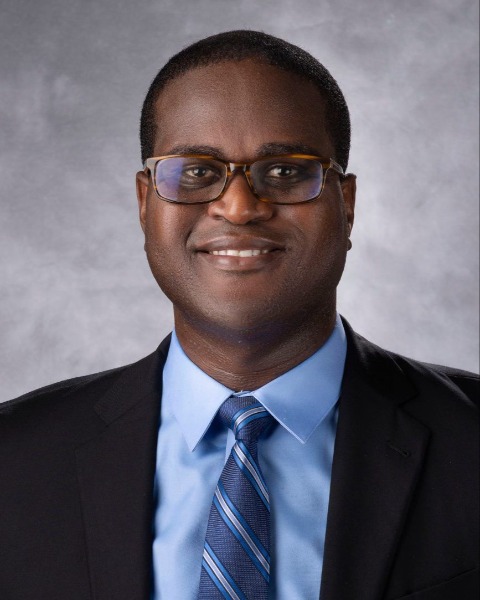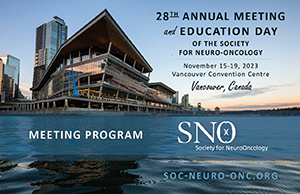
Chibawanye Ene
MD Anderson Cancer Center
Houston, Texas, United States
Currently Assistant Professor in the Department of Neurosurgery, MD Anderson Cancer Center.
He has received research training at the Howard Hughes Medical Institute, National Institutes of Health and Cambridge University in the U.K. During this time he published on normal and glioma stem cell biology, mouse models and genetically modified macrophage therapy.
He received his medical degree from Indiana University School of Medicine. During medical school he was awarded a Howard Hughes medical institute (HHMI) research award to perform research on glioblastoma at the national cancer institute, NIH with Dr. Howard Fine, then chief of the neuro-oncology branch. After his HHMI year, he applied for and was accepted into the NIH-Oxford-Cambridge research scholars PhD program. This allowed him to continue his glioblastoma research at the University of Cambridge in the U.K until he was awarded a PhD (or DPhil) in biochemistry. He returned to Indiana to finish medical school and following graduation begun a clinical neurosurgery residency at the University of Washington, Seattle. During residency, he spent 1 year as a post-doctoral research fellow in the lab of Dr. Eric Holland at the Fred hutch cancer institute studying the immunosuppressive role of myeloid cells in glioblastoma. Following residency, he joined the department of neurosurgery here at MD Anderson as a 2-year fellow. He spent his first year as research fellow studying myeloid mediated immunosuppressive mechanisms following oncolytic virus therapy in the lab of Dr. Fred Lang. He then spent his second year as a clinical fellow obtaining subspecialty training as a neurosurgical oncologist. Following fellowship training, he was recruited to the department of neurosurgery last summer where he currently serves as tenure track assistant professor of neurosurgery. He is also part of the md Anderson physician scientist program which provides protected research time for clinicians here at MD Anderson.

